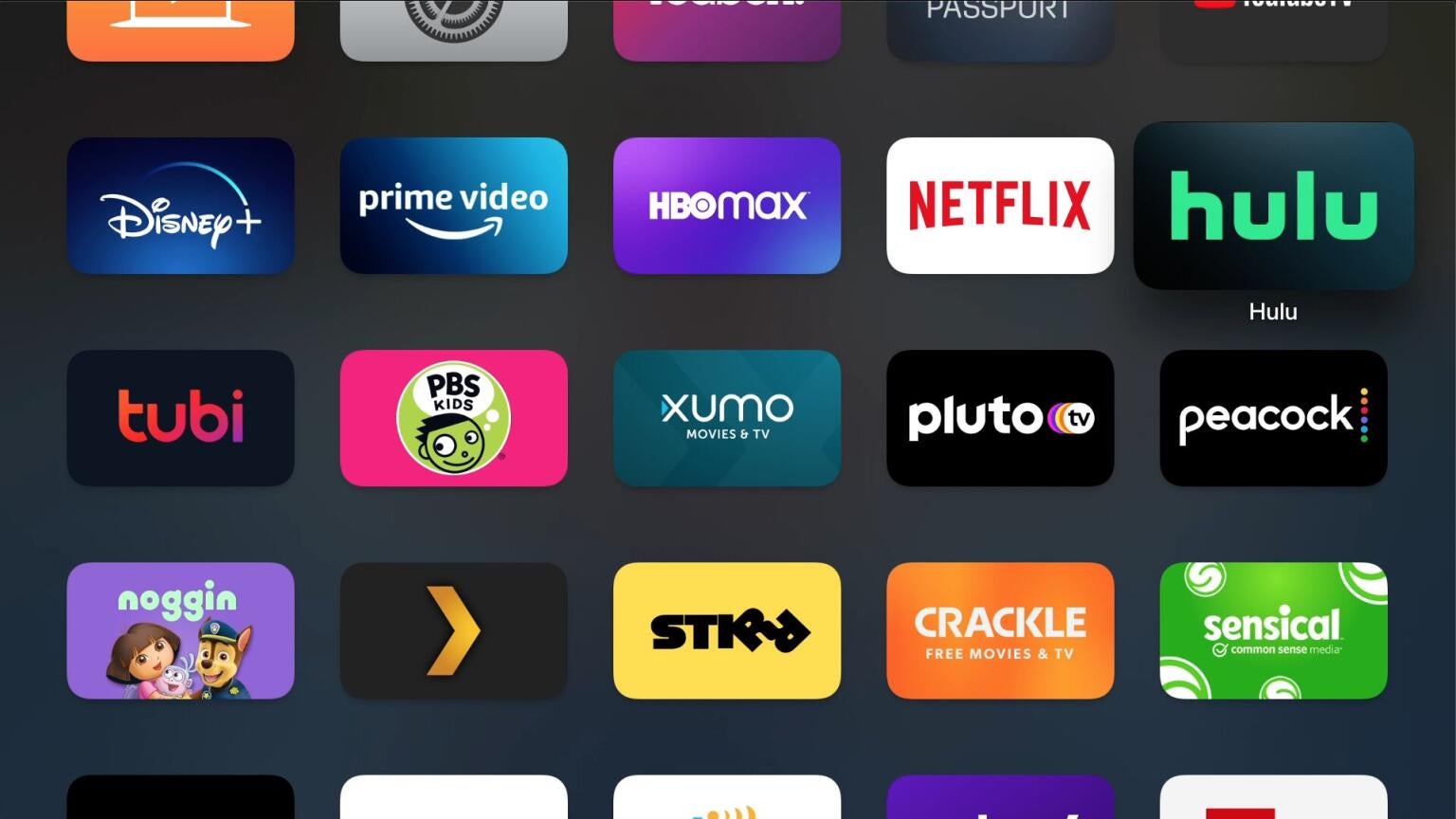
Remember your days as a kid, when your mom would insist you stop watching so much TV and read a book instead? We may be approaching a point where that’s not only less pleasant advice, it’s also less possible. A recent antitrust move on the Biden Administration’s part could prove to be the ultimate catalyst in bringing more television to viewers.
The Biden Administration’s Justice Department, headed up by Attorney General Merrick Garland, stepped in to stop the sale of Simon & Schuster. Said deal was valued at $2.1 billion, and would have seen the book great transferred to Bertelsmann from ViacomCBS. The Hollywood Reporter reported that Justice Department, in its filings against the deal, suggested that the move would have resulted in “…outsized influence over who and what is published”. Had Bertelsmann completed the deal, Simon & Schuster would have been part of Penguin Random House, itself already a massive presence in the book market.
For a Limited Time, Get a Month of Paramount+ With Code: LODGE24.
Such a move telegraphs the Justice Department’s stance on antitrust issues, especially given that the first full year of the Biden Administration has yet to conclude. That’s where things start to get interesting for streaming media and television viewers. If the Justice Department is willing to step in and spike a deal between two book publishers, it’s likely that it would do likewise between two media companies as well.
What’s particularly interesting about this deal is how ViacomCBS classified Simon & Schuster. Back when ViacomCBS first posed the notion of selling Simon & Schuster, it referred to the publisher as not being a “core asset.” While certainly valuable, Simon & Schuster yielded just three percent of ViacomCBS’ earnings in 2019. Around the time of the sale, ViacomCBS was also considering selling off the Black Rock headquarters, with plans to put extra focus on its streaming operations.
It’s that first part that should catch streaming viewers’ attention. The book publisher was regarded as a non-core business. How many other business entities are feeling similarly to ViacomCBS? Several major investment figures like recent SPAC founder and former CBS brass Joe Iannello are already preparing for a day when certain portions of long-running companies are sold off outright. Such moves could pose an opportunity going forward, and with the Attorney General’s office already actively encouraging competition, this could open up the floodgates.
Back in May, we took a look at an upcoming deal between WarnerMedia and Discovery. With ViacomCBS’s deal shuttered for the time being, will the WarnerMedia / Discovery deal fall through? Or will Warner be required to ditch some properties in order to grease the wheels and make the deal go through? If Warner does shed a bit of weight to make the Justice Department more amenable to a merger deal, who will end up with that property? Joe Iannello?
One of the biggest potential sources of selloff targets comes from legacy cable. With NBC owning properties like E! and Oxygen, those channels, bundled and sold, could mean extra cash in NBC’s coffers. ViacomCBS has a string of cable channels available. All that would really be required is a licensing deal to keep content showing up on the cable channels and they’d run on a largely status-quo basis. Why would anyone buy cable channels in the midst of a streaming revolution? Remember, cable channels are still producing income. The largest ones are doing so reliably. Though we’re clearly moving away from cable and towards streaming, there are still people watching cable and streaming combined.
Meanwhile, the original owners would have a fresh slug of cash from the sale of said platforms, as well as potentially a recurring revenue stream from licensing deals. That cash is vital in keeping production operations running and new content coming out. We all know how vital new content is in terms of preventing churn; the “churn-and-return” model is still quite thoroughly in play. The more new content comes out, and the more rapidly it arrives, the less likely it is that customers will pack up for a digital nomad experience, going from site to site until the new content is drained. If content ever comes out that rapidly, the churn-and-return model may collapse with it.
Get Disney+, Hulu, and ESPN+ for just $14.99 a month ($12 savings).
The ViacomCBS case demonstrates that large businesses will likely not be permitted to acquire cultural hegemons. The Justice Department’s active interest in media consolidation seems fairly well set against that. With a growing number of players looking to get in the market, like Lanello et al, the chances of media properties landing in new hands is likely. Those properties are going to need content, just the same as every Netflix and Hulu out there. That’s going to mean more content for viewers, and more choices in the market. If that’s not good news for the streaming community, what is?